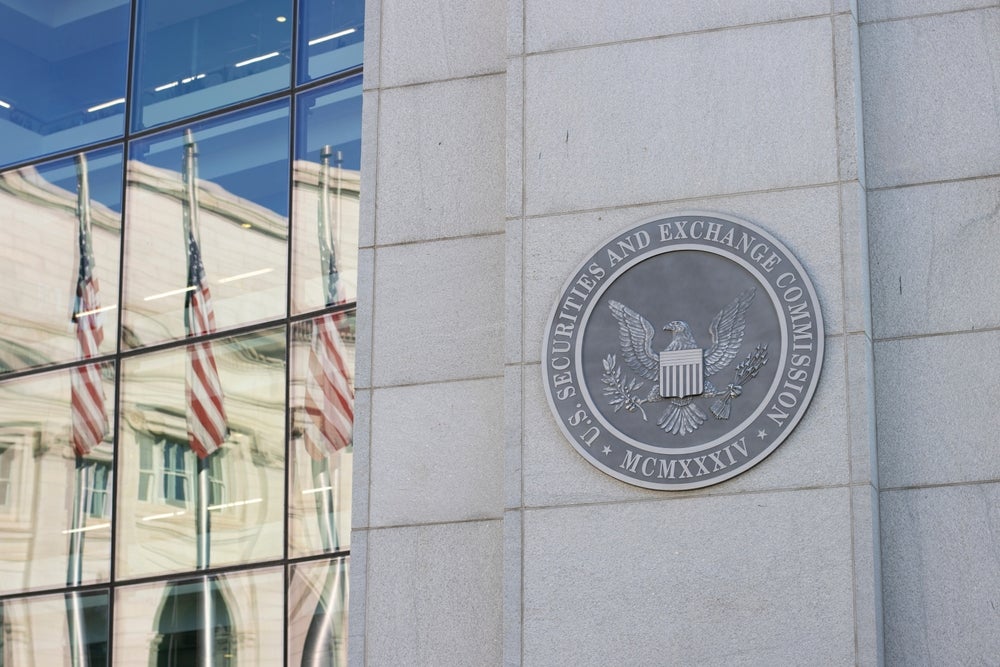The US Supreme Court has ruled the Public
Company Accounting Oversight Board (PCAOB) can continue to function
despite ruling its board members are being appointed
unconstitutionally.
The PCAOB’s appointment structure and the
circumstances under which board members can be removed had been
challenged by advocacy group Free Enterprise Fund and Beckstead
& Watts, a small Nevada accountancy firm.
In a 5-4 decision, the Supreme Court ruled
that the method of appointing PCAOB members under the
Sarbanes-Oxley Act of 2002 was unconstitutional as the members can
only be appointed and removed by the Securities and Exchange
Commission, US media reports.
This violates the nation’s separation of
powers principle as it strips the president of power to appoint or
remove board members or to supervise their activities.
The court declined to allow a broad injunction
against the PCAOB’s continued operation.
In the lead up to the hearing, there were
concerns that a ruling against the PCAOB could bring down the
Sarbanes-Oxley Act. Instead, the court determined to sever the
specific provisions outlining the appointment and removal of PCAOB
members from the rest of the Sarbanes-Oxley Act, a suggestion
provided by the government.
How well do you really know your competitors?
Access the most comprehensive Company Profiles on the market, powered by GlobalData. Save hours of research. Gain competitive edge.

Thank you!
Your download email will arrive shortly
Not ready to buy yet? Download a free sample
We are confident about the unique quality of our Company Profiles. However, we want you to make the most beneficial decision for your business, so we offer a free sample that you can download by submitting the below form
By GlobalDataThe plaintiffs had already lost the case in
two lower courts.
Related articles
Sarbanes-Oxley comes under fire in US High Court and
Congress






